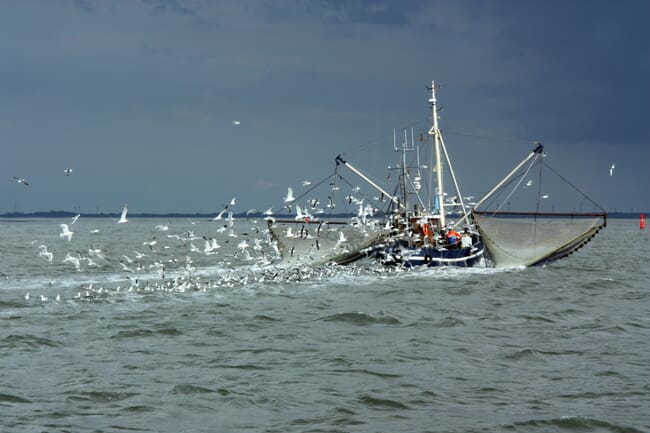
Looking for opportunities to achieve better value throughout the seafood supply chain, researchers from the James Hutton Institute have put a call out to Scotland’s seafood sector to help understand how to utilise the full potential of industry by-products.
Whilst by-product upcycling is not a radical concept, the extent of the practice in Scotland doesn’t reach much further than the production of fishmeal and oils from seafood waste. In other regions of the world, however, this practice goes further to add value to the industry, with the extraction of insulin from fish eyes, use of fish skin for leather and skin grafts, and using shellfish shells for land drainage.
“One challenge for the Scottish sector is the segmented nature of the supply chain, compared with somewhere like Iceland, which has a more integrated industry,” explained economist Dr Simone Piras, in a press release from the Hutton Institute.
“They’re able to see where there are opportunities to turn what might be seen as low-value by-products into valued products like collagen or even skin grafts, using the fish skin. By learning more and helping the industry collaborate, we hope we can find similar opportunities here in Scotland,” he added.
Seeking to employ such innovative uses for seafood by-products in Scotland, the team of economic and social science researchers from the Hutton are now calling on the wider seafood sector to take an online survey to help them understand potential opportunities for upcycling.
“A challenge in the Scottish seafood industry is a lack of data on what could be processed, which is why we’re keen for people to take the survey from right across the sector,” said applied economist Dr Nazli Koseoglu.
However, the challenge of inventing innovative uses for seafood by-products is merely the first hurdle for the researchers, as Dr Koseoglu explained.
“Initial findings suggest, there are other challenges, such as the cost of labour for processing, which would be needed to segregate materials for use, as well as storage of by-products and the variability of catch, which makes scale and setting up supply chains difficult,” she said.
“Additionally, a large amount of the fish and shellfish landed in Scotland is exported, with processing potentially happening elsewhere, which could also limit opportunities for getting more value from by-product. But we need to learn more, which is why it’s important people take the survey,” she added.
Those taking part in the survey, which is open until the end of June, 2024, will be entered into a prize draw to win one of a number of £50 gift cards to spend in a store of their choice. They will also be able to access the results of the survey, which will also be shared with UK and EU policy makers to unlock further opportunities.
The survey will be open until the end of June, 2024.




